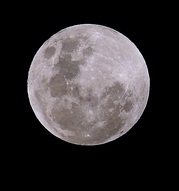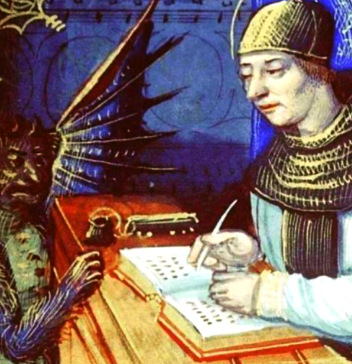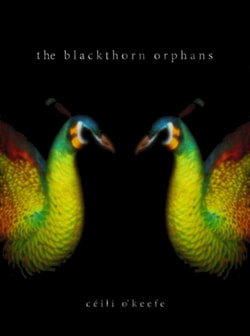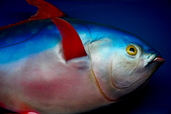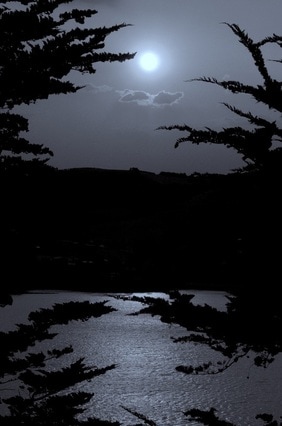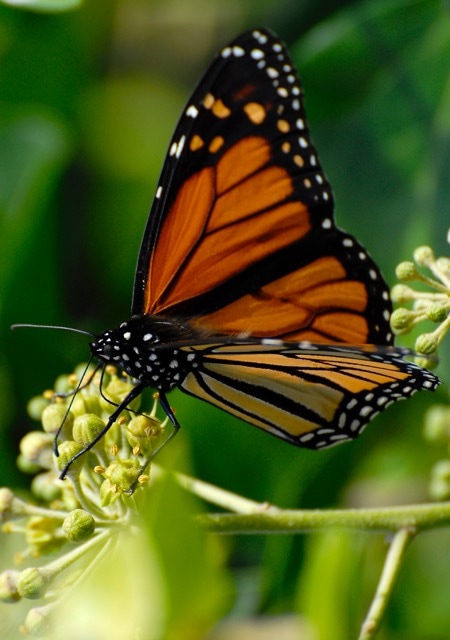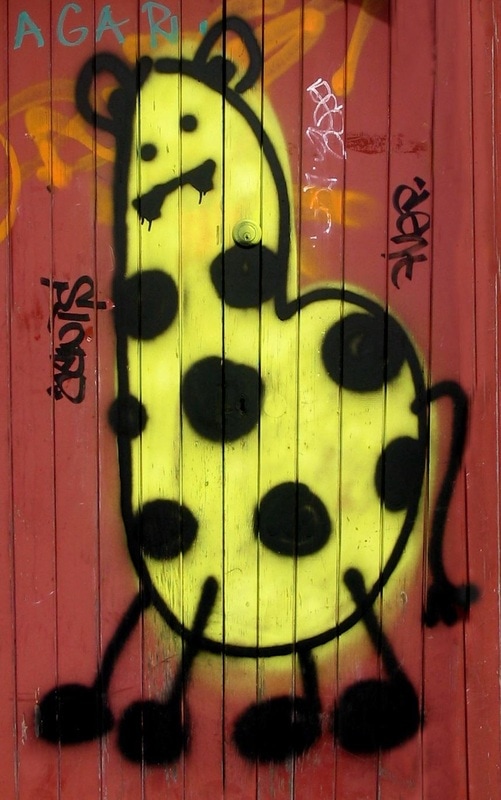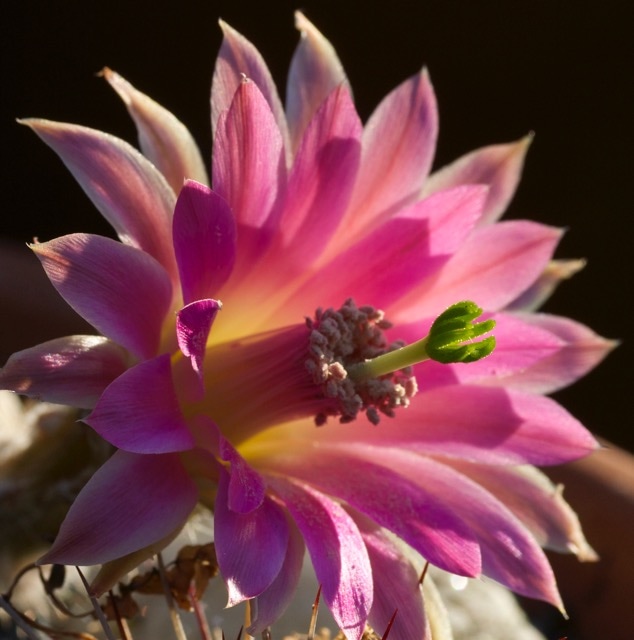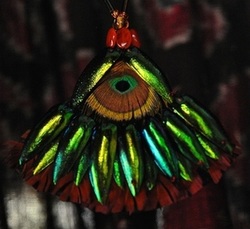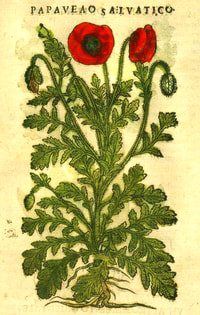Tui are large, slightly ungainly birds- endlessly motile, gratuitously vocal honey-eaters and insectivores belonging to an ancient Gondwana order that has radiated scions all over the planet, producing everything from Wrens to Ravens. They retain all the slightly oafish simian characteristics conferred by an environment devoid of mammalian predators until recently- oversized grappling feet and legs, almost boorish curiosity, arboreal agility and prominent sense of entitlement.
Halfway through winter they come surging en mass out of the nearby bush into our seaside gardens in their search for the nectar and hatching insects that will fuel their first broods for the year. On a still day at the end of the season you will realise you are hearing the whipcrack pops, curlicue squawking, liquid fluting, swallowed wails and general broken-synthesiser stylings of their bizarre songs and even recognise the vocal idiosyncrasies of individual birds. They can mimic human speech with incredible accuracy. Follow the link by all means for video documentation but prepare yourself for what is possibly the creepiest thing you will hear all year.
Black when silhouetted, Tuis are revealed in all their satin-lacquered glory by direct sunlight, wearing pheasant greens and petrol blues and brief flushes of gilded rose and olive alongside their wiry silver capes and bone-white throat tufts. I have never seen those crazy bouffant throat feathers looking anything less than pristine, despite their messy habits. Tuis regularly visit the craggy old elders in our upper garden to wipe the stickiness from their faces on the lichen encrusting their branches.
| We arrived here twenty years ago and though we were treated to the odd Bellbird (a related native passerine) visit, we would have to venture quite a long way into the bush to encounter a Tui. Perhaps another five years passed before we began to notice the Bellbirds sticking around and the odd Tui was making a vocal flyover, but it was a while after that before they decided our amenities were finally up to spec. Which probably correlates with population pressure due to successful breeding at the nearby Orokonui Sanctuary. |
| Tuis enjoy every moment of their piratical intellect and alpha status in the local avian hierarchy. Smaller exotic species tend to regard them with affrighted suspicion, probably equating them with crows and they exploit that racial memory, burning off excess calories vigorously trolling hapless finches and blackbirds. We even saw a young New Zealand Falcon being mobbed by Tuis as it passed over us with a prey item in Sawyers Bay recently. |
Tuis are the embodiment of everything that is lost when our species goes rogue. It is horribly ironic that in the midst of our gloating exploitation we are cheating ourselves of life's most important metric- the presence of our greater family. We are so grateful for their forgiveness.

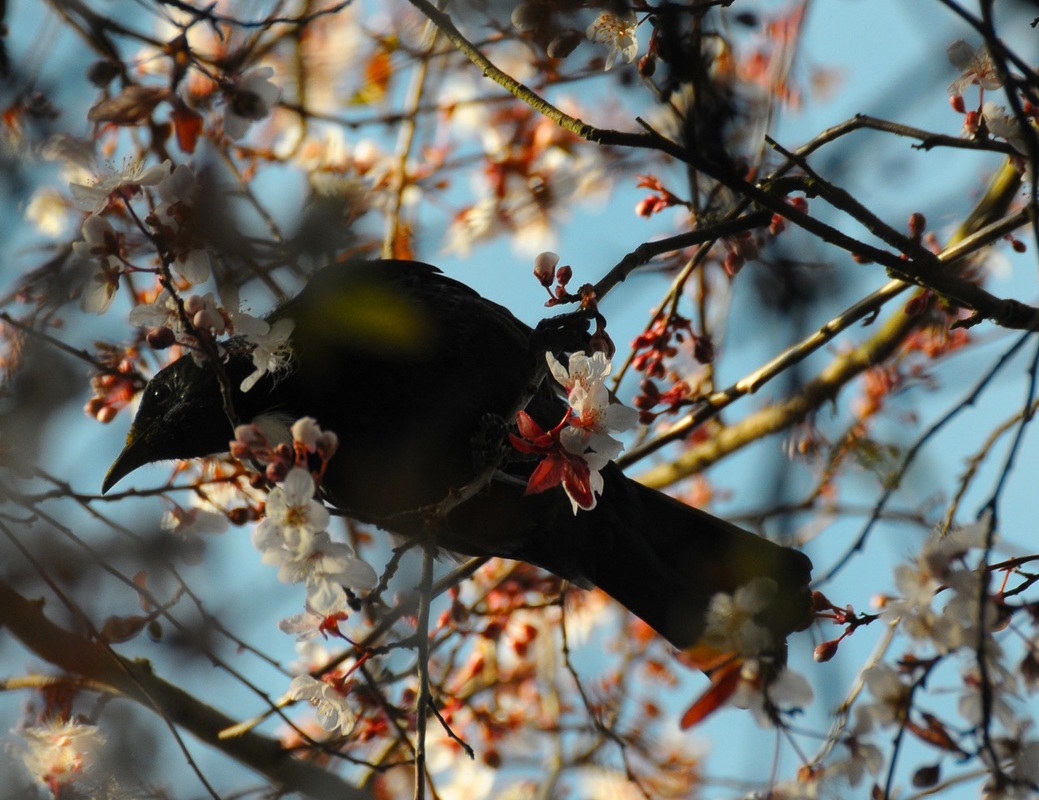
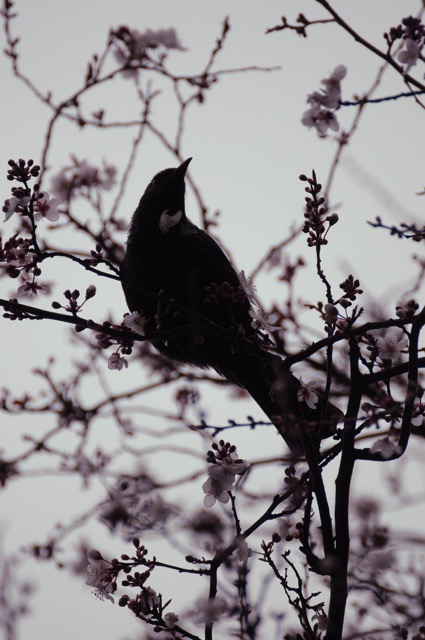
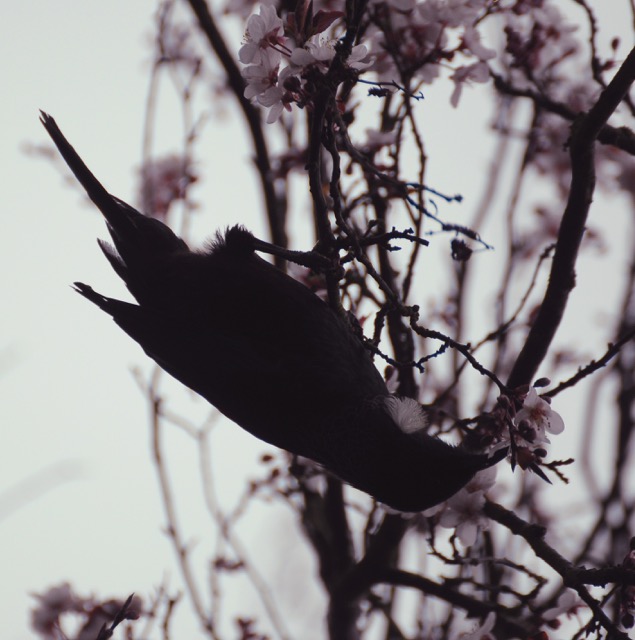
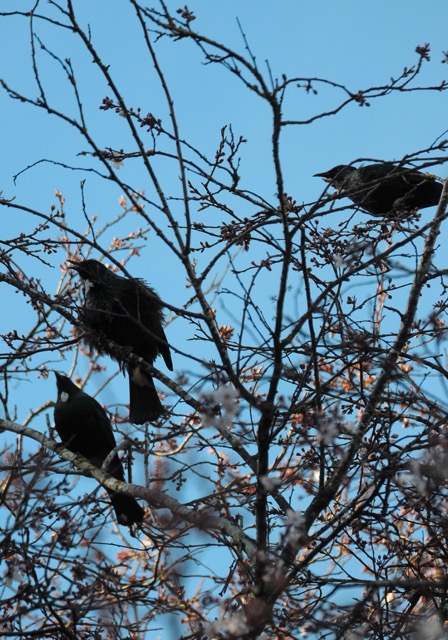
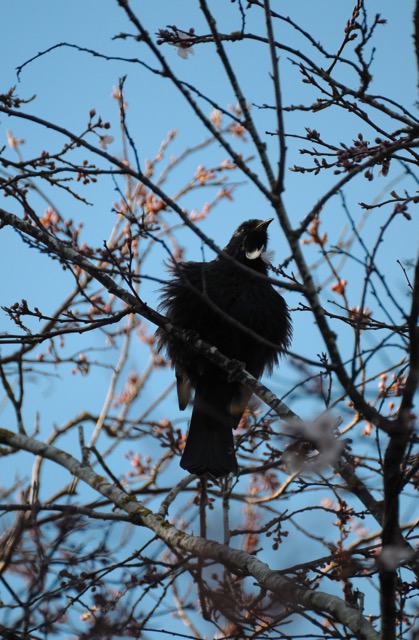
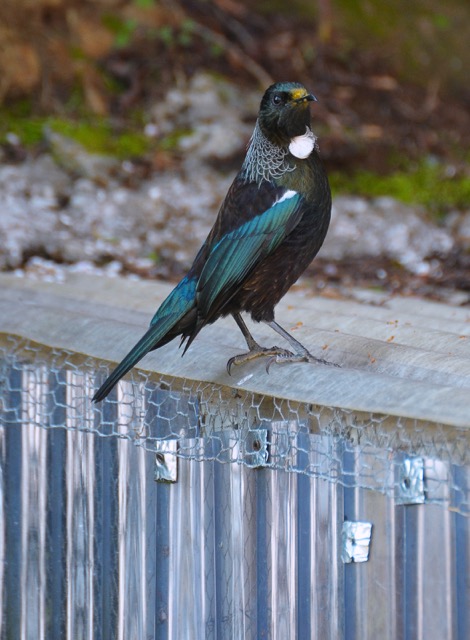
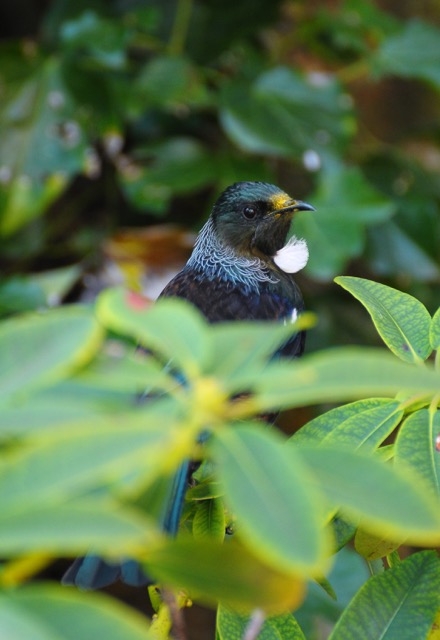
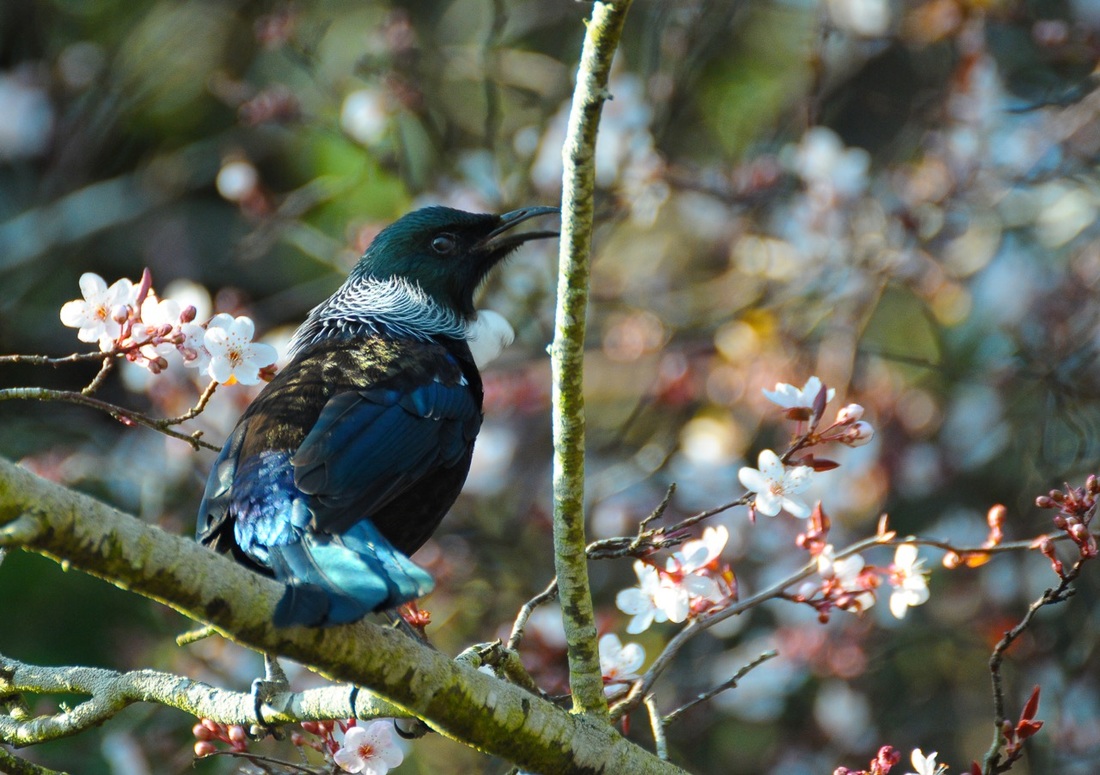
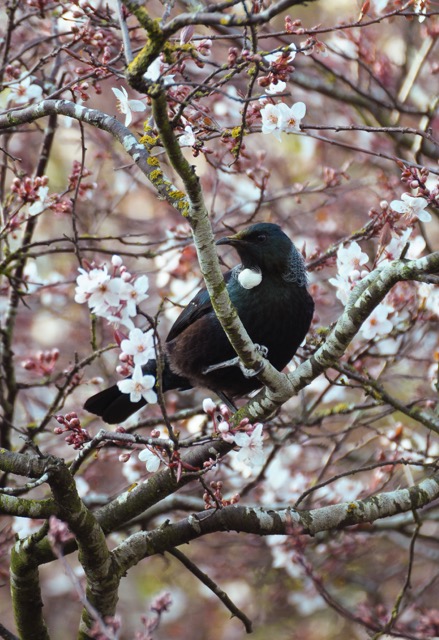
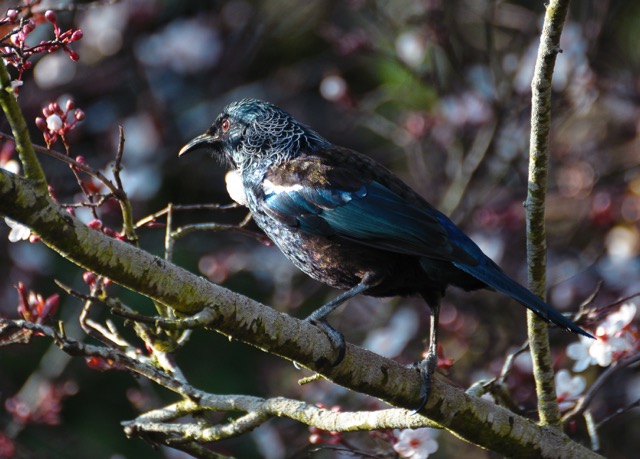
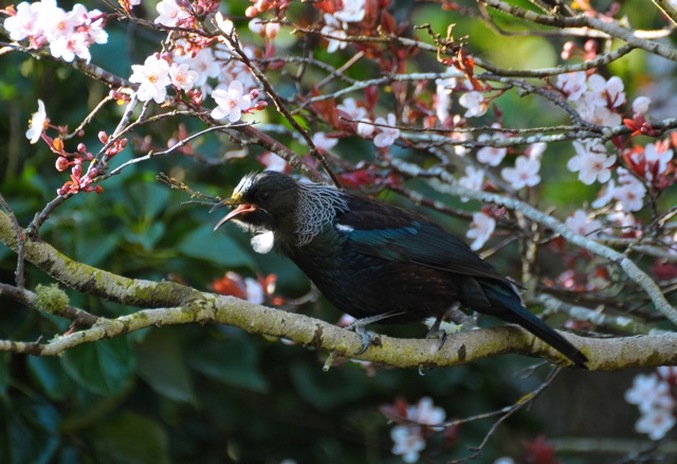
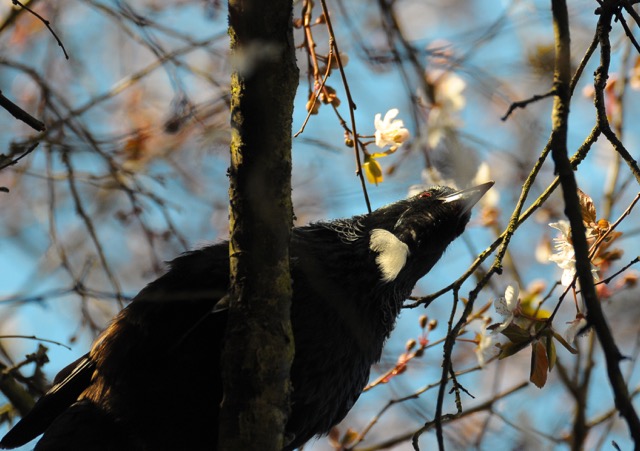
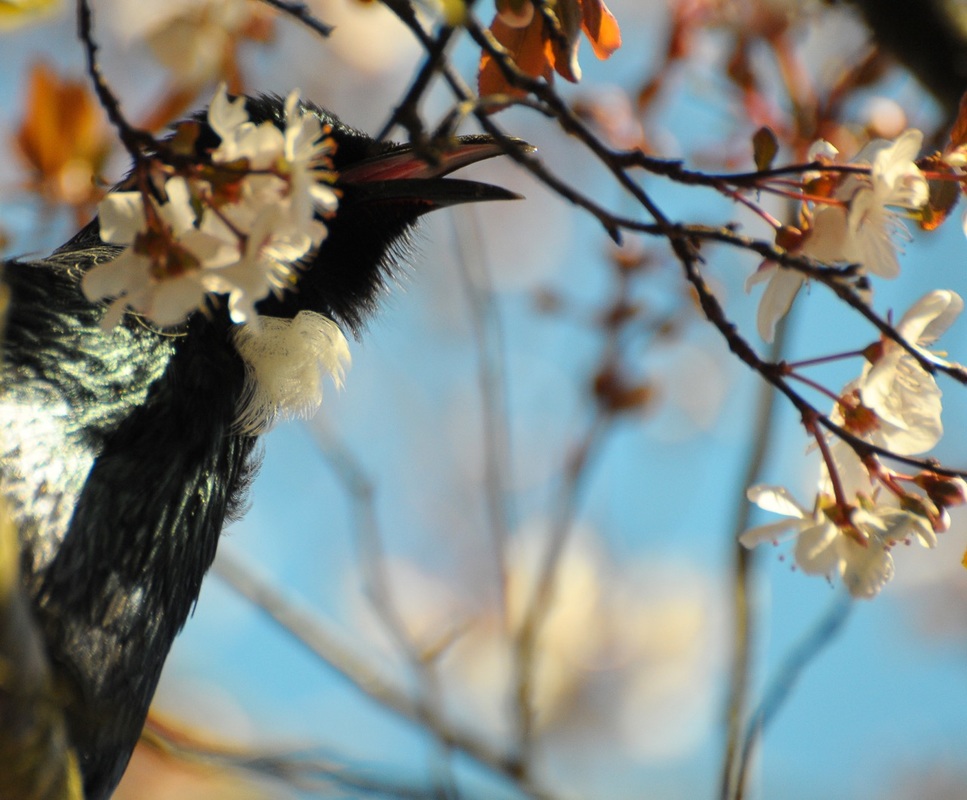
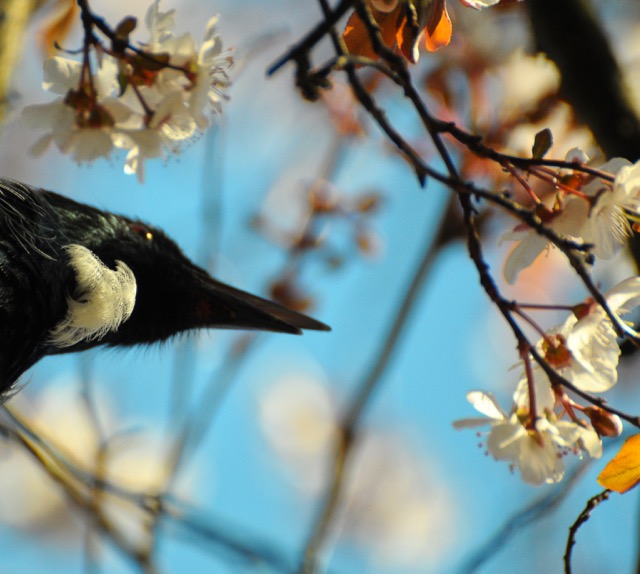
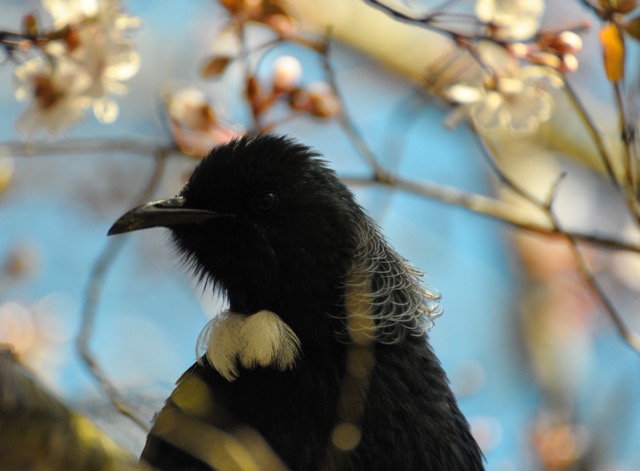
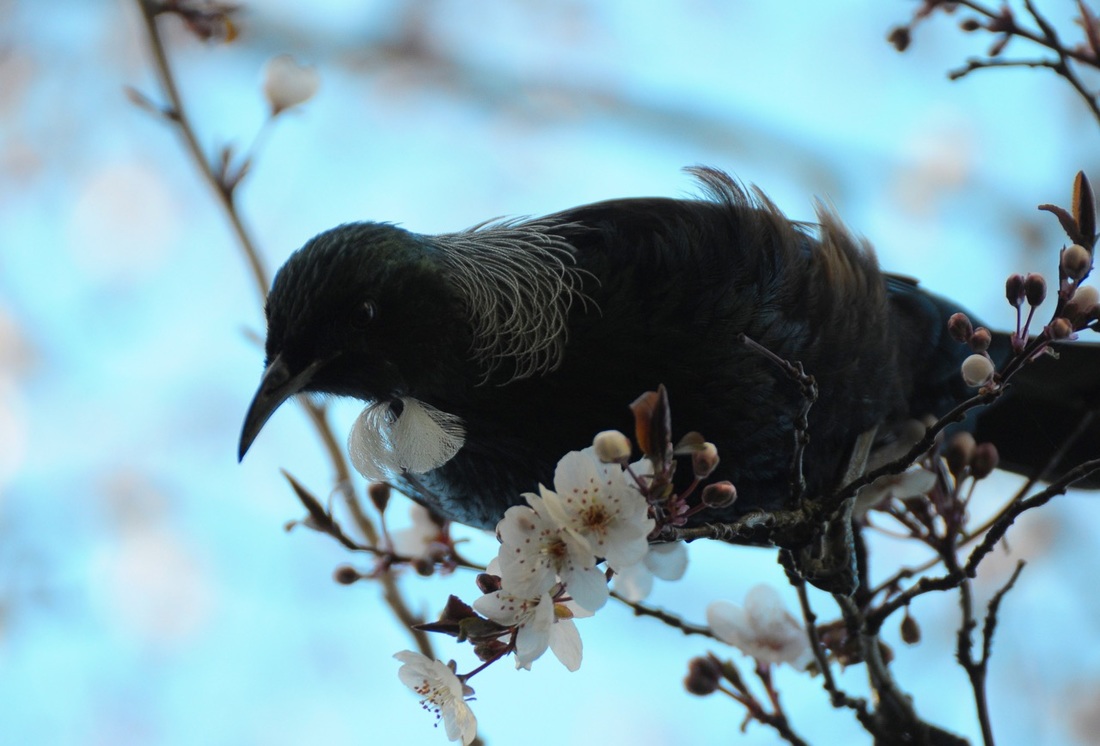
 RSS Feed
RSS Feed
